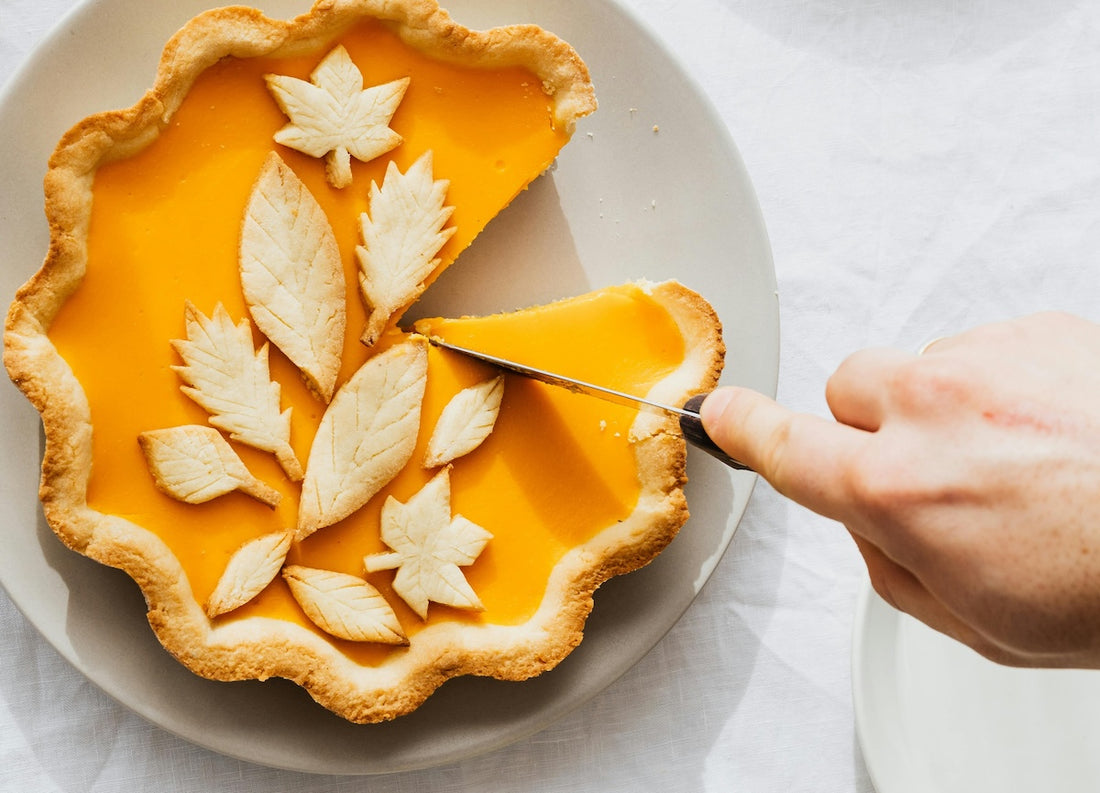
The Science Behind a Perfect Pie Crust (and Why Your Rolling Pin Matters)
Share
We've all been there: one bite into a delicious slice of pie, only to be met with a thick, doughy bottom or a burnt, paper-thin crust. Achieving that elusive, perfectly flaky, golden-brown pie crust is a feat many home bakers aspire to. But what many don't realize is that the secret lies not just in the ingredients, but in the science – and the tools – you use.
The Chemistry of Crisp:
A pie crust is essentially a delicate dance between flour, fat, and water. When combined and chilled, gluten strands form a network, trapping tiny pockets of water and fat. As the pie bakes, these pockets create steam, which evaporates and lifts the gluten strands, resulting in those coveted flaky layers.
Even Thickness, Even Baking:
Here's where the science meets your rolling pin. Uneven dough thickness leads to uneven baking. A thick patch stays doughy, while a thin one risks burning. This is crucial for any pastry where consistent bake and texture are paramount, especially delicate pastries like pie crusts, tarts, and even phyllo dough. Imagine a layer of puff pastry where some parts are doughy and undercooked, while others are burnt – a disaster!
A premium rolling pin, like the Rolling Wonder, crafted with precision and weight, becomes your secret weapon for achieving that perfect, even thickness every time, whether you're making a pie, cookies, or even a batch of croissants.
Why Your Rolling Pin Matters:
- Consistent Pressure: A quality rolling pin, especially one with a bit of weight to it, allows you to apply even pressure across the dough, preventing thin spots and ensuring a consistent bake.
- Smooth Glide: A well-crafted rolling pin glides smoothly over the dough, preventing stretching and tearing that can lead to uneven thickness.
- Temperature Control: Some premium rolling pins are designed with materials that retain cold temperatures better, preventing the dough from warming up too quickly and becoming tough.
Beyond the Basics:
Investing in a high-quality rolling pin is an investment in your baking. It's the difference between a pie crust that's simply "good" and one that's truly exceptional. With the right tools and a little understanding of the science involved, you'll be wowing your friends and family with picture-perfect, perfectly flaky pie crusts – and other delicious pastries – in no time.
